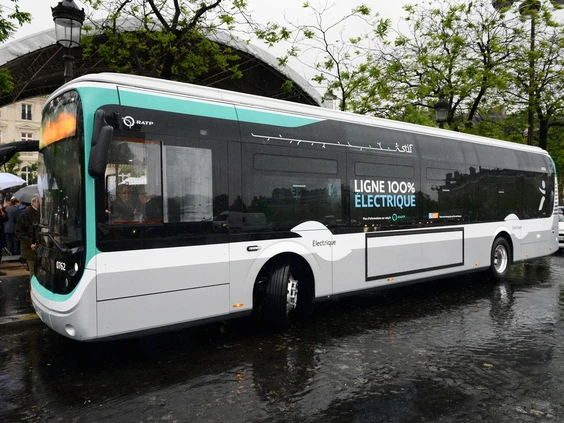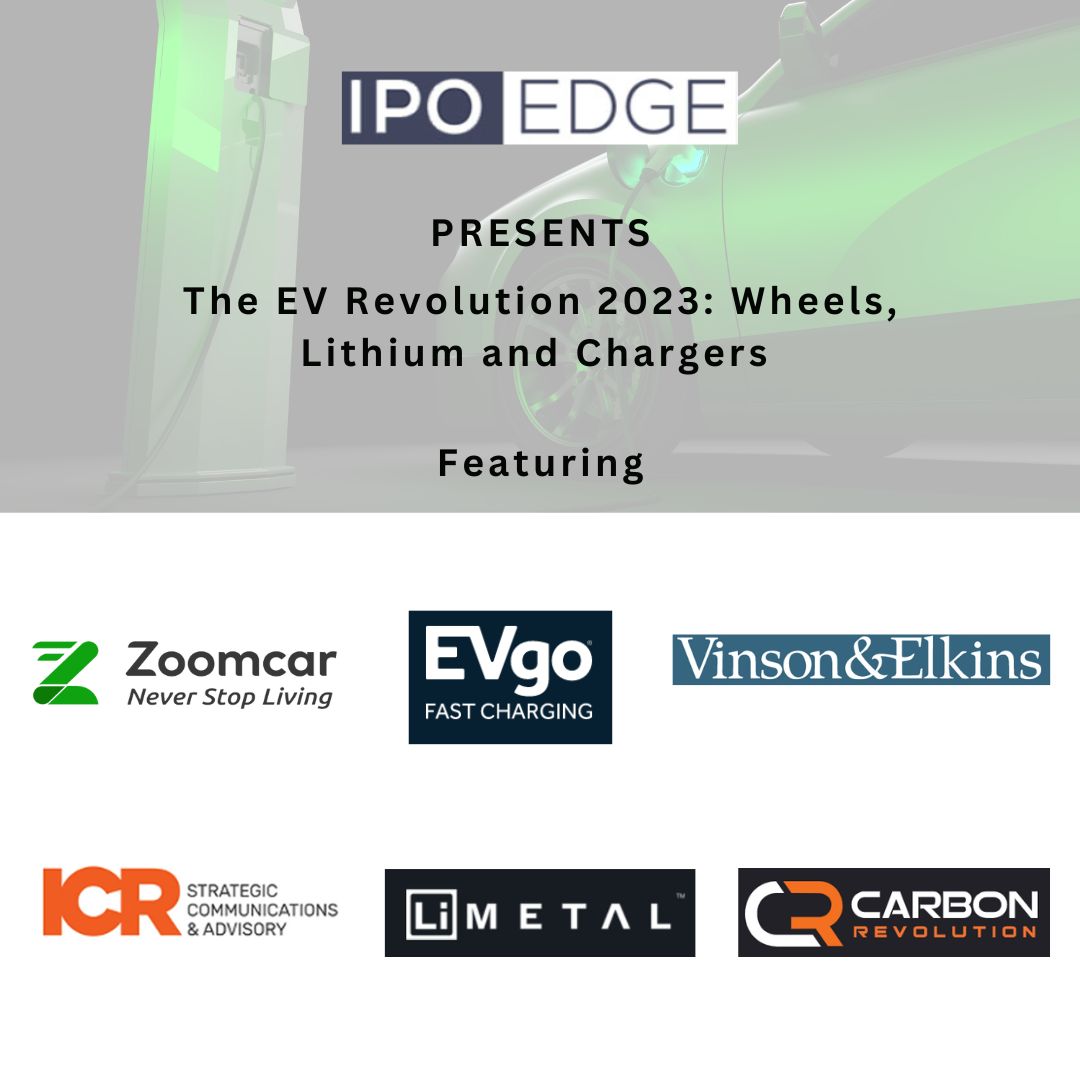

Blue Solutions' solid-state batteries are used in electric buses in Paris, France. PHOTO BY ERIC PIERMONT/AFP VIA GETTY IMAGES
Next Generation Manufacturing Canada, or NGen, one of five innovation “superclusters” backed by the federal government, said it will invest $2.39 million in a collaboration between two companies to accelerate development of advanced solid-state batteries.
The money is the latest example of the desire of Canadian policymakers and executives to win a place in the supply chain for electric vehicles. Solid-state batteries hold the potential to be safer and more powerful than lithium-ion batteries, but remain plagued by manufacturing challenges.
NGen’s funding brings together two companies that have quietly been working on solid-state batteries: the Canadian unit of Bolloré Group’s Blue Solutions, based in Boucherville, Que., and Toronto’s Li-Metal Corp., which has devised a new way to produce anodes through recycling.
Li-Metal will receive $1.9 million from NGen while Blue Solutions will receive about $500,000; plus the two companies will match NGen’s grants bringing the total value of the deal above $5 million.
Maciej Jastrzebski, chief executive of Li-Metal, said the money will give his company a chance to test its innovation at an industrial scale.
“Blue Solutions is really the the largest commercial producer of solid-state, lithium batteries, which is what makes this so exciting,” Jastrzebski said in an interview. “They’re producing batteries for buses, grid-storage-type applications, stationary storage applications, and so what makes this partnership so exciting for us is it marries our innovative approach to producing anode materials with their expertise and working with lithium metal in a production context.”
Alain Vallée, head of research and development for Blue Solutions, said his company has sold solid-state batteries since the 1990s, and they are deployed throughout Europe, including most notably in transit buses in Paris.
The batteries are heavier, but far more heat resistant than lithium-ion batteries, so they can sit on the roof of a vehicle without flammability concerns. The problem is the anode. Vallée said Blue Solutions cannot currently produce lithium metal thinner than 20 microns, and they might need it to be two microns. “Reducing the thickness will improve the energy density,” he said.
For years, companies have tried various mechanical means to produce thin lithium metal films that can be used in the anodes, including extruding metal through a narrow slot, and rolling it. But the metal becomes brittle, subject to tears. Meanwhile, valuable scrap is left behind.
Jastrzebski said he and co-founder Tim Johnston, who he met while working at engineering firm Hatch Ltd., started discussing the problem over lunches in 2018.
Johnston founded Li-Cycle Holdings Corp., a lithium-ion battery recycling company, where he was talking with automakers and battery manufacturers, some of whom mentioned the difficulty in obtaining lithium metal films.
They found inspiration for a solution inside a bag of potato chips.

Li-Metal borrowed the process used in potato chip bags. PHOTO BY GETTY IMAGES/ISTOCKPHOTO
“When you open a bag of potato chips, or a candy wrapper, it looks shiny,” Jastrzebski said. “That’s just aluminum evaporated onto a plastic substrate. The insight we had was that that’s a way of making something with a thin layer of metal on it, that is cheap enough that you can throw it away.”
So, they borrowed the process used in potato chip bags. They put lithium into a vacuum and boil it. As it vaporizes, they spray it onto a copper substrate.
Jastrzebski said the technology allows Li-Metal to create lithium metal films of only a few microns.
Last year, the company raised $32 million through a reverse takeover on the Canadian Stock Exchange last year, but remains years away from commercializing its products.
Vallée, who has been working on solid-state batteries since he earned a PhD at the University of Montreal as a polymer chemist decades ago, said the technology is exciting because it solves a longstanding problem. Until now, most of the research had been on the cathode side, where the positive charge flows, not the anode, where the negative side flows.
Mustang's technology to boost Li-Metal's productivity, speed up commercialization Lithium metal anode technology developer Li-Metal Corp. has signed an exclusive agreement with Mustang Vacuum Systems Inc. (MVS), which develops and […]

IPO Edge and the Palm Beach Hedge Fund Association hosted a fireside chat panel on EV technologies on Tuesday, April 4 at 10 AM ET. The live event featured the […]
Li-Metal and Mustang Vacuum Systems plan to enter into a definitive agreement with the next 28 days. "Securing high-performance PVD machine building capability from a proven manufacturer is a big […]